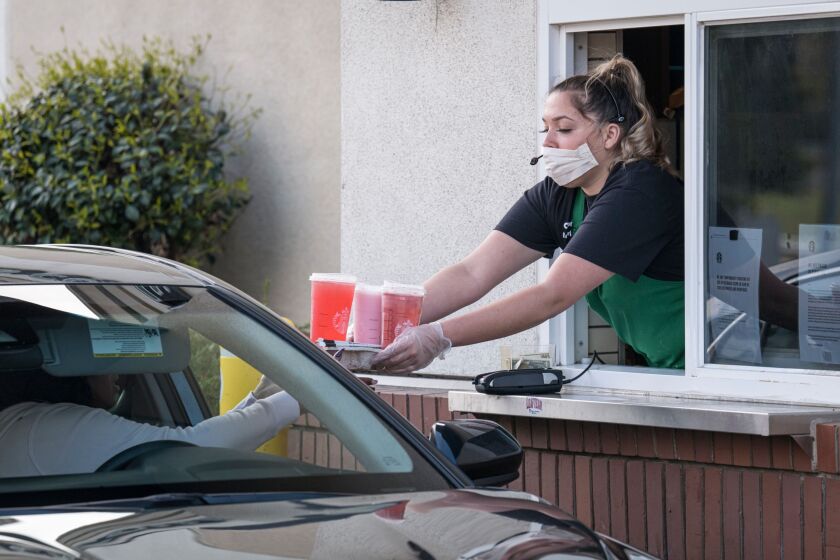Unlike past economic recessions where businesses and consumers have had to adjust their payment habits and debt levels over the course of months or quarters as the economy shrank, the coronavirus-induced economic crisis has forced many to make much more abrupt financial adjustments.
As many countries and U.S. states now begin to lift stay-at-home orders, fraudsters too are being unleashed to return to familiar targets such as bank branches, ATMs and retail stores.
The coronavirus pandemic has had an immediate impact on a wide swath of consumer spending habits and payment choices — some of which may remain in place for some time after the crisis subsides — as certain categories such as travel have fallen to the wayside and others such as grocery stores have risen as more consumers eat meals at home.
Even before the coronavirus outbreak, cybercriminals were shifting their attention away from point-of-sale terminals — but the retail industry still absorbs the most attacks seeking to compromise databases or networks.
The businesses that are open now are providing clues for payment hardware makers on how the retail landscape will look once the pandemic clears.
With the coronavirus pandemic forcing far more e-commerce transactions — and thus, more spending on cards instead of cash — loyalty and rewards are vital to creating lasting consumer habits.
Visa’s the first card company to push back the October deadline for U.S. gas station EMV compliance, but that’s just one of a mounting set of challenges petroleum merchants are facing because of the coronavirus.
The short-term coronavirus response revealed most merchants will need a more robust option for digital payments — and that’s prompting fresh investment in what was expected to be a slow period.
Amazon, Walmart and Facebook are using point of sale credit, deliveries and in-app payments to outflank Paytm in India, honing services that they see as vital to shaping the global economy's recovery.
Fintechs in the payments industry saw problems coming when the CARES Act’s SBA Paycheck Protection Program opened the floodgates for millions of coronavirus-stricken small businesses to apply for loans.














